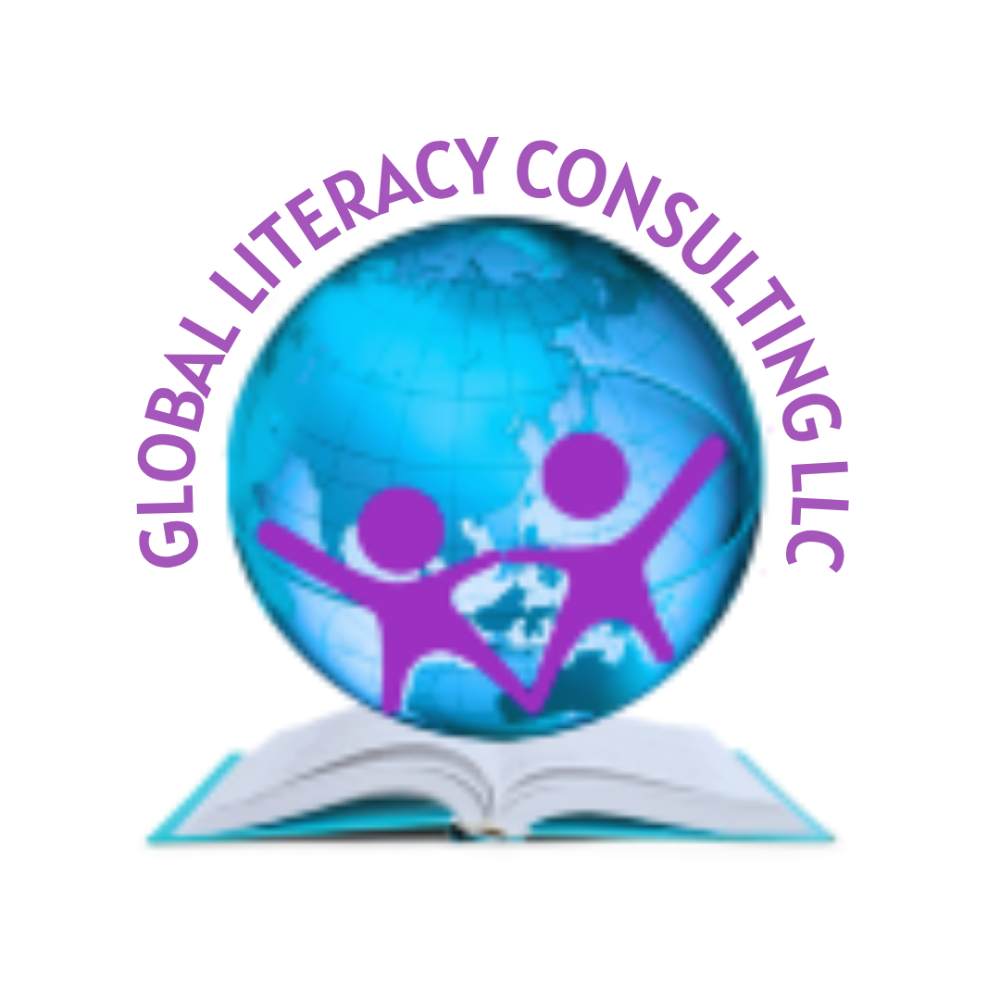Non-Fiction Focus: Elevating Informational Literacy
At Global Literacy Consulting, we empower educators with high-impact strategies to strengthen students' engagement, comprehension, and critical thinking when reading informational texts. Our Non-Fiction Focus suite includes a series of workshops and coaching sessions designed to deepen both instructional knowledge and classroom practice in non-fiction literacy.
✔️ Teaching the Heart of Non-Fiction: Identifying Main Ideas and Supporting Details
This foundational workshop helps educators teach students how to uncover the central ideas in non-fiction texts and support them with relevant details. We explore instructional routines that:
-
Guide students to distinguish between key concepts and interesting facts.
-
Teach annotation and summarization strategies.
-
Use graphic organizers to visualize the structure of ideas.
-
Align instruction with grade-level standards and text complexity.
Educators leave equipped with practical tools to help students become purposeful, analytical readers of informational texts.
✔️ Unlocking Understanding: Enhancing Comprehension Through Text Features
Non-fiction texts often include a wide range of visual and structural features — headings, captions, diagrams, charts, glossaries, and more. This workshop focuses on:
-
Helping students interpret and integrate these features to build full-text comprehension.
-
Modeling how text features support the main idea and enrich context.
-
Teaching students to “read with their eyes wide open” — making connections across text and visuals.
Participants learn to incorporate targeted mini-lessons that enhance students’ ability to navigate complex informational texts independently.
✔️ Vocabulary That Drives Meaning: Building Non-Fiction Understanding Through Robust Word Instruction
Academic vocabulary is essential to unlocking the meaning of non-fiction texts. In this session, we provide:
-
Strategies for identifying tiered vocabulary (Tier 2 and Tier 3).
-
Techniques to explicitly teach content-specific and high-utility words.
-
Methods for integrating vocabulary instruction into reading, writing, and speaking tasks.
-
Approaches for using morphology (prefixes, roots, suffixes) and context clues to deepen word learning.
Educators will walk away with lesson frameworks and word-learning strategies that promote retention and transfer across subjects.
✔️ Thinking Deeply: Teaching Importance and Inference in Informational Texts
Critical reading of non-fiction requires more than just finding facts — it calls for interpretation, evaluation, and inference. This advanced-level workshop supports educators in:
-
Teaching students how to identify the most important information in complex texts.
-
Helping readers move from “what the text says” to “what the text means.”
-
Designing questions and prompts that encourage inferential thinking.
-
Using text evidence to support conclusions.
Participants develop a deeper understanding of how to scaffold higher-order thinking within informational reading units.
✔️ Question It, Answer It: Using Strategic Questioning to Deepen Non-Fiction Comprehension
Inquiry fuels comprehension. This session explores how educators can leverage strategic questioning to guide students toward deeper engagement and understanding. Key takeaways include:
-
Techniques for modeling and teaching text-dependent questioning.
-
Structures for student-led questioning (e.g., QAR, Reciprocal Teaching).
-
How to scaffold questions that promote synthesis, comparison, and evaluation.
-
Using essential questions to frame instruction across units.
Educators learn to design lessons where questions are not just answered — but used to drive exploration, discussion, and critical thinking.
Format Options:
-
Half-day or full-day workshops
-
Multi-session coaching cycles
-
Virtual or in-person delivery
-
Tailored content for K–2, 3–5, and 6–8 educators


